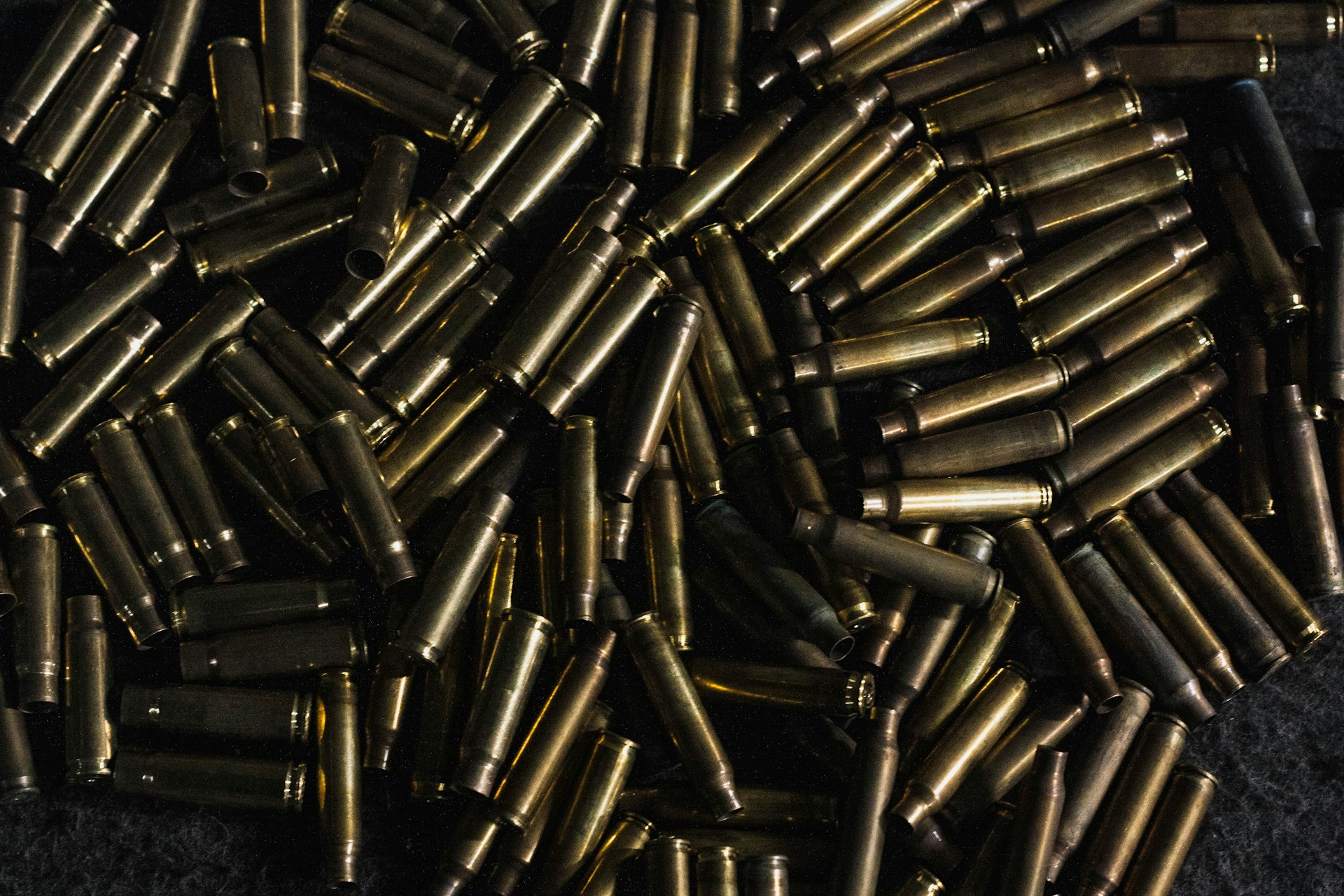U.S. Halts Shipment of Iranian Arms to Houthis

A vessel laden with sophisticated weapons and materials intended for conflict support was recently detained in the Arabian Sea by a cutter from the U.S. Coast Guard. Intelligence suggests that this shipment, filled with high-grade military equipment, was dispatched from Iran, targeting territories under Houthi control in Yemen.
The operation was executed on January 28th by the USCGC Clarence Sutphin Jr., a fast-response cutter operating under the banner of the U.S. Central Command (CENTCOM) with a base in Manama, Bahrain.
The search of the vessel by the Coast Guard team unveiled a cache of over 200 parcels. These parcels contained an assortment of military hardware, such as components for medium-range ballistic missiles, explosive materials, parts for unmanned underwater/surface vehicles (UUV/USV), advanced communication and networking gear, assemblies for anti-tank guided missiles, and various other military-grade equipment.
A recent Department of Defense report highlighted that, from 2015 to 2023, the United States and its partners have intercepted no less than 18 vessels from Iran smuggling military cargo. These interdictions have thwarted the delivery of ballistic missile parts, UAVs, anti-tank missiles, and a plethora of other illicit armaments destined for the Houthis, which have been used in assaults on maritime vessels and across the Middle East.
The act of supplying, selling, or transferring such military assistance contravenes U.N. Security Council Resolution 2216, further reinforced by resolutions 2675 and 2707.
Gen. Michael Erik Kurilla, the commander of CENTCOM, condemned these activities, stating, “This is yet another example of Iran’s malign activity in the region. Their continued supply of advanced conventional weapons to the Houthis is in direct violation of international law and continues to undermine the safety of international shipping and the free flow of commerce.”
CENTCOM has reiterated its dedication to collaborating with international allies and partners to obstruct the flow of Iranian-supplied lethal aid in the region. This commitment includes the enforcement of U.S. and U.N. sanctions and the interdiction of such shipments.